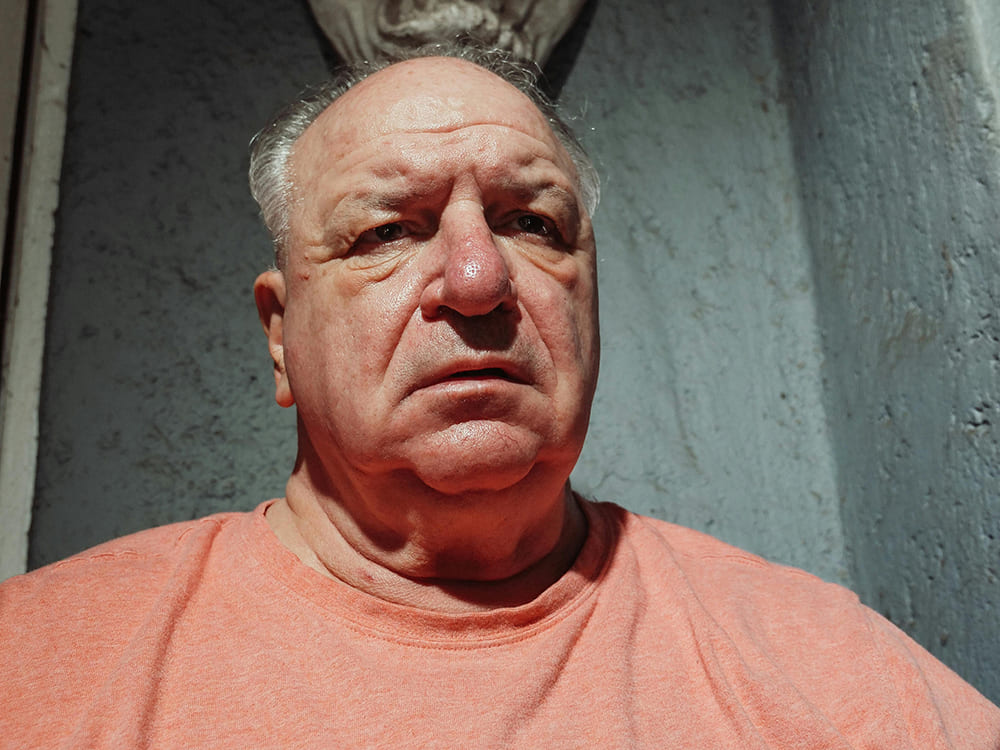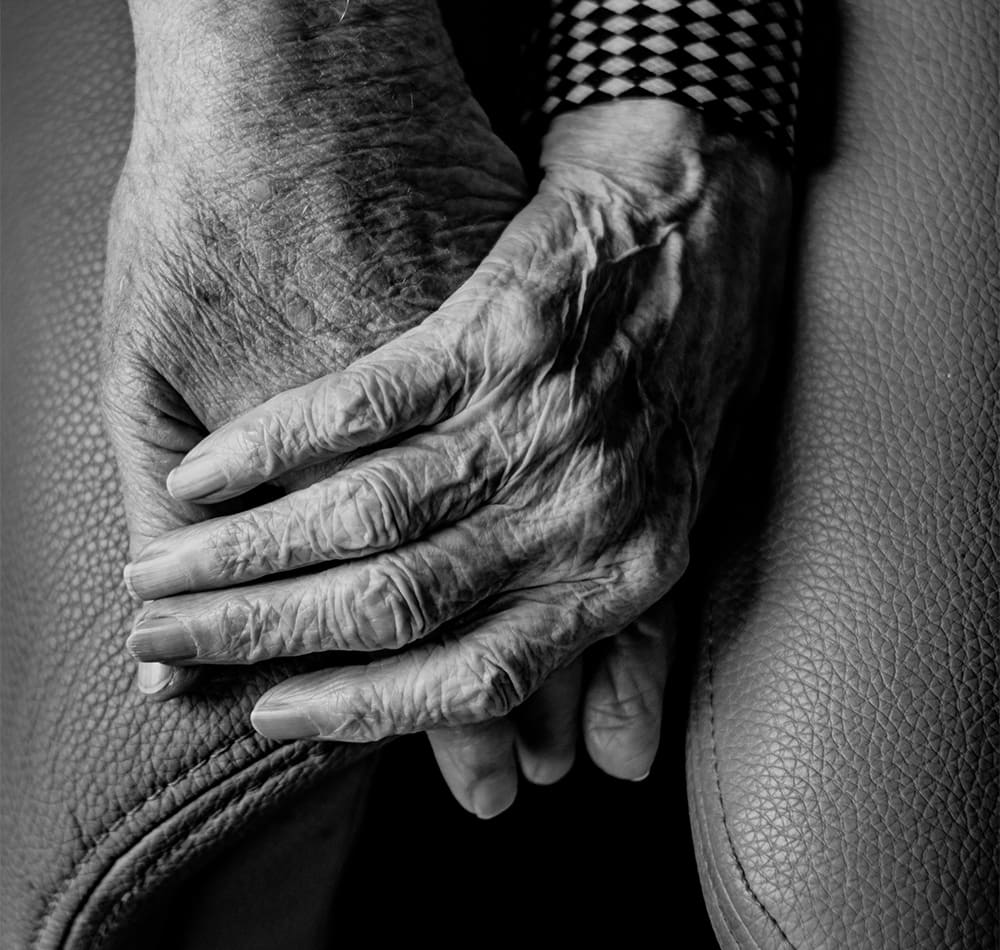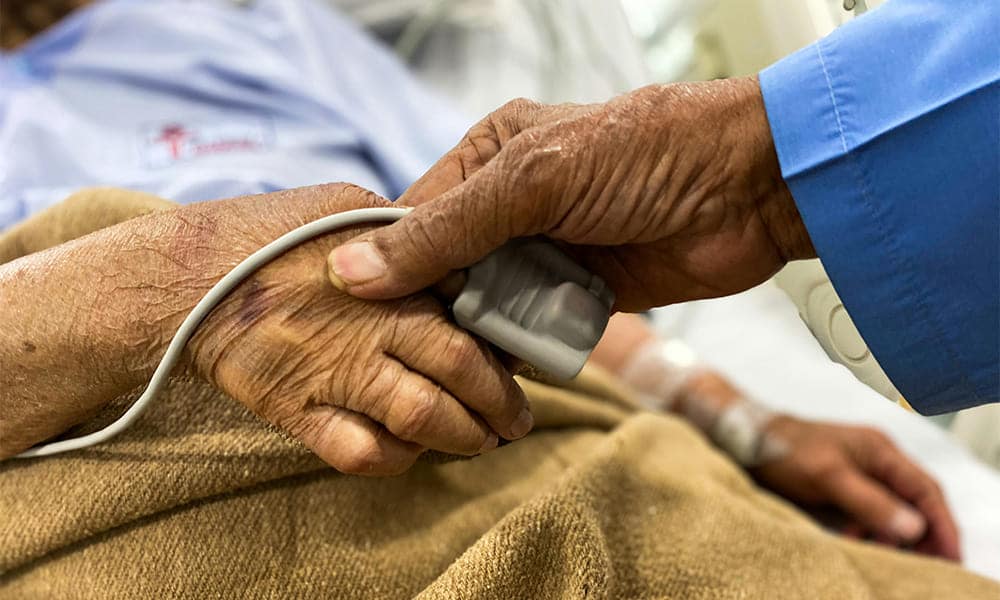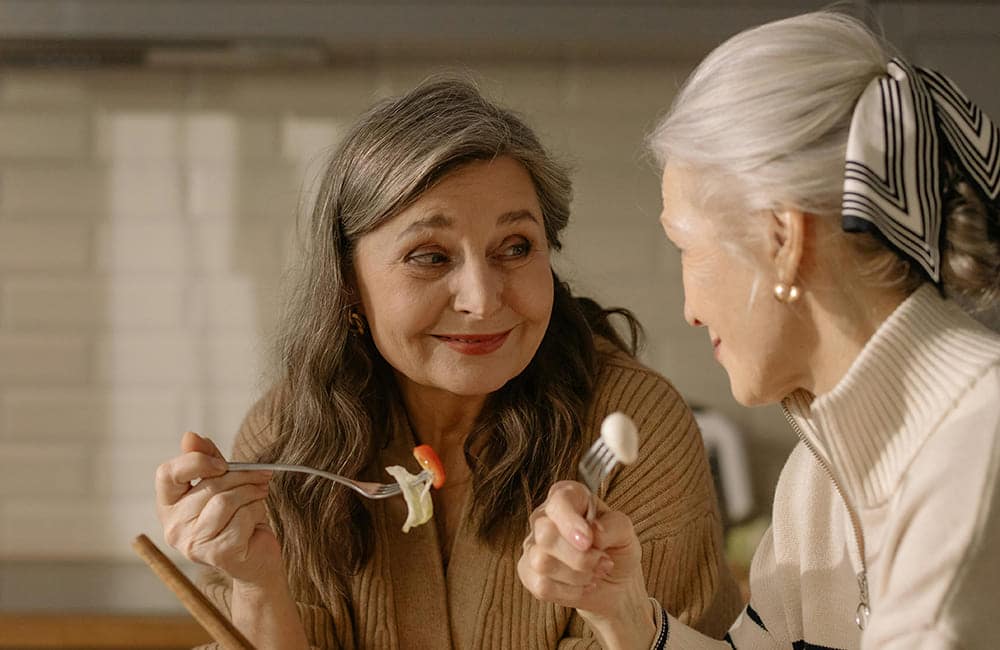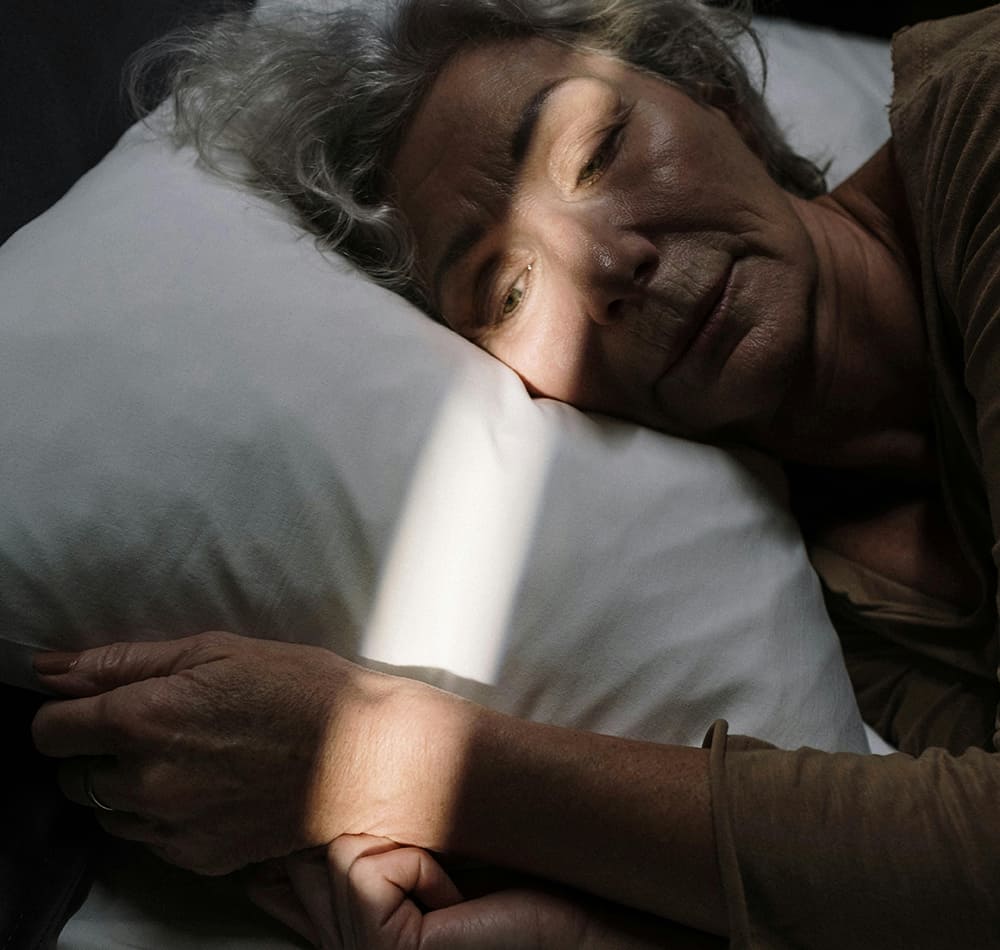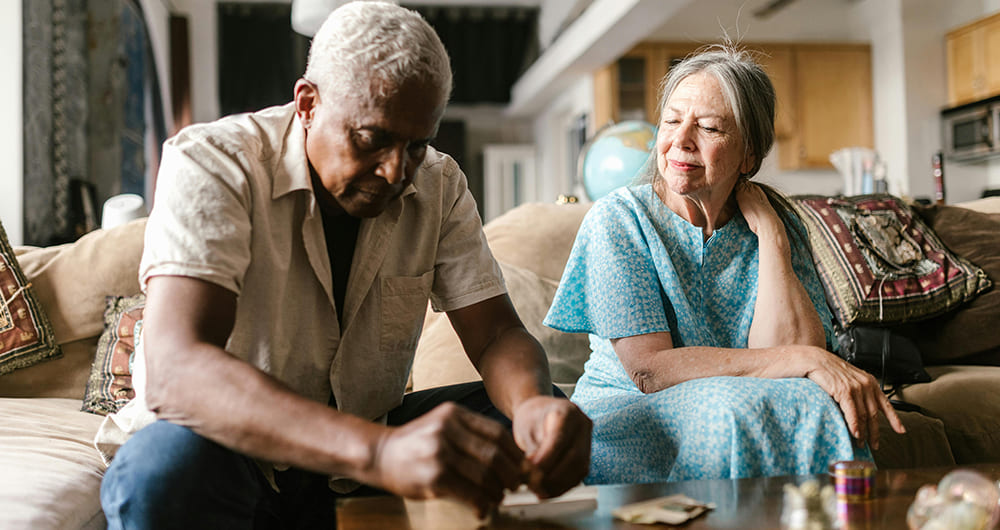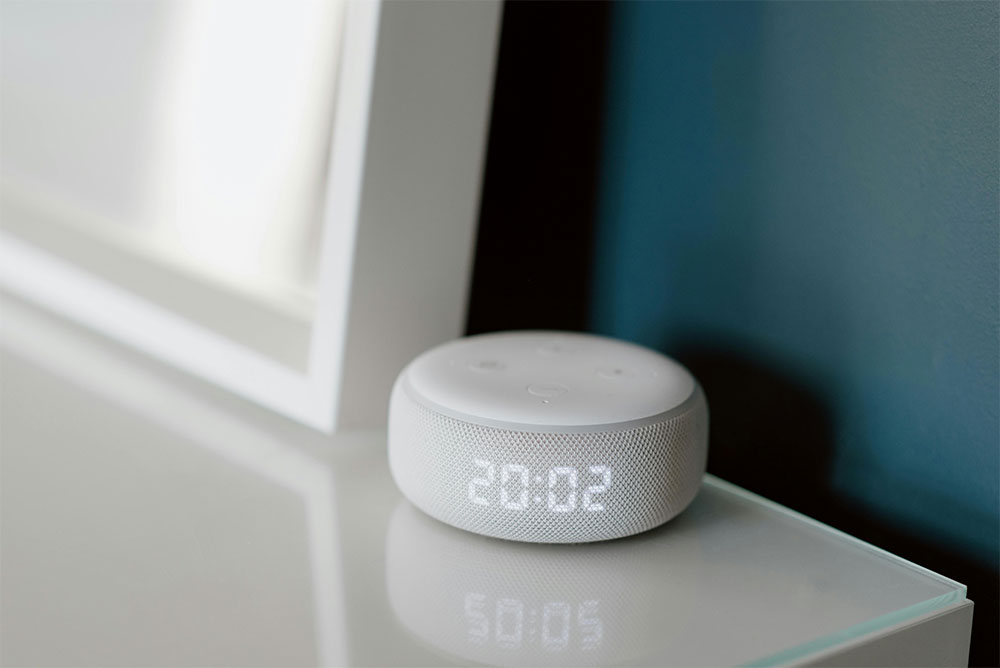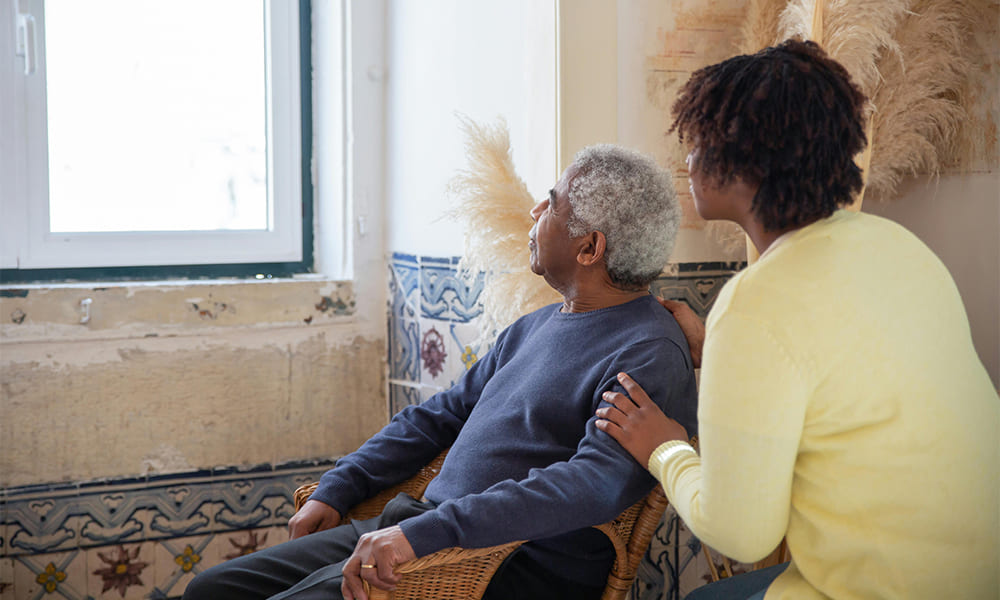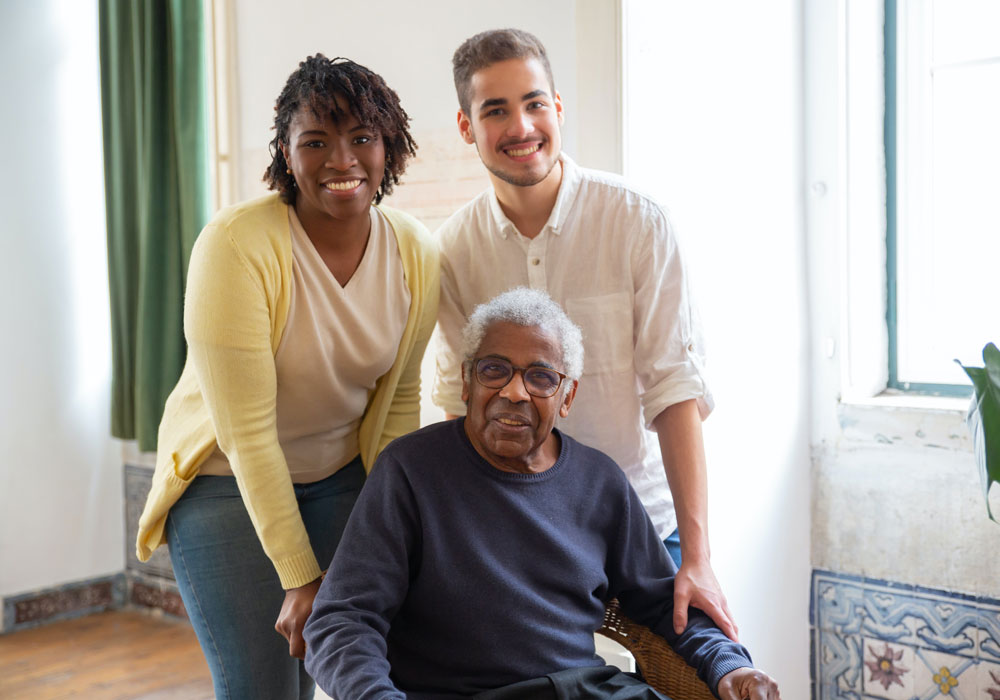In today’s society, people deal with dementia patients who are aggressive, and thus, it is important to learn about safe guidelines, de-escalation methods, and therapeutic insights. In this article, you will learn just how to deal with dementia patients who are aggressive and the best possible methods when such a situation arises.

Christopher Ravn
Key Takeaways
1. Understanding triggers, de-escalation techniques, and early identification are key to managing aggression in dementia patients.
2. Personalized care plans, medication, and therapeutic approaches like CBT can effectively treat aggressive dementia behavior.
3. Environmental adjustments, communication strategies, and proper nutrition play a significant role in reducing dementia-related aggression.
Table of Contents
1. How To Deal With Dementia Patients Who Are Aggressive.?
2. What To Do When Dementia Or Alzheimer Patients Become Violent
3. Identifying Early Signs Of Aggression In Dementia And Alzheimer Patients
4. How To Care For Aggressive Dementia Patients
5. Alzheimer’s Aggression, Stages, And Common Causes
6. Treatment Options For Aggressive Dementia Behavior
7. Implementing Dietary Changes To Reduce Aggression In Dementia And Alzheimer’s Patients
8. Is There Anything You Can Give An Aggressive Dementia Patient To Calm Them Down? Communication Strategies
9. Role Of Communication In Managing Dementia Aggression
10. How Can Environmental Changes Reduce Dementia Aggression?
11. Frequently Asked Questions About How To Deal With Aggressive Dementia Patients
How To Deal With Dementia Patients Who Are Aggressive?
Dementia patients are known to exhibit aggression due to psychological, physiological, and environmental issues. Thus, it is important to understand these triggers in order to come up with strategies to manage the aggression.
The physiological triggers are hunger or thirst, fatigue, pain, sleep issues, medical conditions or infections, and side effects from medication. Psychological triggers are fear, anxiety, loss of autonomy, and feeling disoriented. Environmental triggers, on the other hand, would be sensory overload, feeling uncomfortable in a different environment, change being routine, feeling isolated, and no proper understanding.
- Learn to stay calm and composed
- Remove anything that may trigger or cause aggression
- Use nonverbal communication like a calm body posture or a gentle touch.
- Offer a safe space for patients to calm down.
- Distract patients from the source of the problem
What To Do When Dementia Or Alzheimer Patients Become Violent
- Remain calm and composed. This helps prevent any form of escalation
- Do not shout or use harsh words. This will worsen the situation.
- Use gentle touch or gestures to show that you are empathetic and understanding.
- Learn about triggers and what will cause patients to be aggressive.
- Provide emotional support and acknowledge the patient’s feelings.
- Distract patients using music therapy for dementia or get them to change their focus on their favorite activity.
- Use gentle restraints or move patients to a safe area. However, this should be considered a last resort.
Identifying Early Signs Of Aggression In Dementia And Alzheimer Patients
- Sudden mood swings, like irritability and anxiety.
- Feeling lost, confused, and disoriented.
- Having issues with sleep or sleeping long hours throughout the day.
- Unable to manage pain and discomfort.
- Feeling isolated or disconnected from others.
- Unable to manage feelings of loss of control over daily activities.
- The patient fears the unknown or being a burden.
- Frustrated with issues handling daily tasks, communication issues, and even feeling trapped
- They feel disappointed with themselves and others.
- The patient feels anxious about the future
- Unable to manage sadness and grief.
Join families who have found relief with EVY LIGHT®
Click below to see how EVY LIGHT® is helping others
How To Care For Aggressive Dementia Patients
- A thorough assessment of the patient’s physical, emotional, and social needs.
- Set goals that will help reduce the frequency of aggression.
- Implement evidence-based interventions such as using clear and gentle communication, active listening,
- Reduce noise levels and provide a calm atmosphere.
- Teaching relaxation and deep breathing exercises.
- Use medications as a last resort and with the guidance of a healthcare professional to manage aggression.
Emotional Indicators
It is important to involve professionals such as neurologists, psychiatrists, or geriatric specialists to identify and manage mental health issues.
The geriatrician may provide integrated care for patients with cognitive impairments and help them to go through the challenges that are linked with dementia. They can also help show the importance of social connection and work with patients to build support.
Neurologists may help provide a physiological and psychological understanding that takes place as one gets older. They will be able to provide guidance on exercise and nutrition, help patients engage in stimulating cognitive activities for the mind, and understand levels of cognitive impairment.
Psychiatrists may provide both patients and their caregivers with Alzheimer’s support to go through the challenges that are linked with dementia.
Alzheimer’s Aggression, Stages, And Common Causes
- In the early stages, one can see aggression as irritability or frustration. This is because the patient is feeling overwhelmed and is unable to process what is going on.
- In the middle stages of dementia, aggression is more evident and frequent. This is where the patient refuses to cooperate, becomes resistant to care and becomes aggressive towards caregivers.
- In the late stages, aggression is more intense and unpredictable and one will see sudden outbursts of agitation and anger.
- Ensure the environment is quiet and has adequate lighting.
- Check-in with the patient to see if their physical needs are met, such as pain, hunger or thirst
- Use non-pharmacological interventions like massage, aromatherapy and music therapy.
- Offer choices on what to wear and what activity they would like to do.
- Receive support from caregivers, support groups, and healthcare professionals.
Why Do Alzheimer's Patients Become Aggressive?
- Alzheimer’s, pneumonia, and other illnesses cause pain that causes confusion.
- Side effects from certain medications, such as anticholinergics, may cause hallucinations and confusion.
- Unable to manage certain pains, like toothaches and arthritis
- Feelings of constipation, which causes them to feel embarrassed
- Issues with sleep that cause insomnia and sleep apnea.
- Memory loss and issues with communication and thus, feeling frustrated and confused.
- Feeling disoriented and losing spatial awareness
- Delusion and hallucination
- Emotional distress due to feeling isolated and a loss of autonomy.
Best Practices For Handling Violent Outbursts In Alzheimer’s And Dementia Patients
- Remain calm and composed to let the situation de-escalate. Avoid any form of confrontation or argument.
- Ensure that the individual is in a safe space and remove any objects that may be used as weapons.
- Provide reassurance and learn to identify the triggers to manage the situation.
- Change scenery or use other activities to distract the patient
- Provide emotional support and empathy so that they feel their feelings are valued.
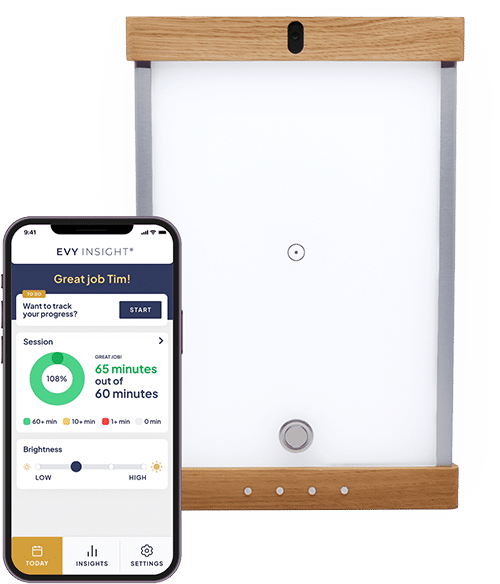
Treatment Options For Aggressive Dementia Behavior
Treatment options for aggressive dementia behavior would normally include medication and other therapeutic approaches. Medications are intended to reduce the symptoms of psychosis, aggression, and agitation while ensuring minimal side effects. Cholinesterase inhibitors like donepezil, antipsychotics like risperidone and quetiapine, selective serotonin reuptake inhibitors (SSRIs) like citalopram, and mood stabilizers like Divalproex are the most common medicines used. These drugs help treat aggression and agitation in dementia patients.
Therapeutic approaches to managing aggressive dementia are crucial to enhancing quality of life. They are interventions such as using psychotherapy such as cognitive behavioral therapy (CBT), therapy to help patients stay oriented such as reality orientation, sensory stimulation therapy such as music, touch, and smells, and caregiver training to help with communication and management of techniques to reduce stress. This is crucial, as one needs to know how to help someone with cognitive impairment.
What Are The Most Effective Interventions For Dementia-Related Aggression?
- Sensory intervention: Using music, light therapy for dementia, and other multisensory therapy to reduce agitation.
- Active therapy: Activities like dancing, exercise, and social interaction help reduce agitation.
- Psychoeducational interventions: Validation therapy and reminiscence therapy help reduce agitation and aggression.
- Environmental interventions: Reduced stimulation and wandering areas have helped to reduce agitation and aggression.
- Interventions: Support groups and counseling have been helpful to reduce stress in caregivers.
A published case study found that by using music therapy and light therapy, patients showed signs of reduced agitation and aggression in those with dementia.
Finding Care Facilities For Dementia Patients With Aggressive Behavior
- Search for facilities where staff are trained in dementia care and able to manage aggressive behaviors.
- Look for facilities that have a safe and secure environment and are designed for aggressive patients.
- Source for facilities that have security cameras, alarms, and emergency response systems to prevent accidents.
- Ensure there is quality care with enough staff and medication.
- Seek out facilities that have open communication channels.
Implementing Dietary Changes To Reduce Aggression In Dementia And Alzheimer’s Patients
Deficiencies in certain nutrients can affect behavior and mood. Some of the important key nutrients are omega-3 fatty acids, vitamin B6, folate, and magnesium.
Foods that may help reduce aggression are leafy greens, fatty fish like salmon, berries, nuts and seeds, whole grains, and fermented foods. Foods that should be avoided are processed meat, refined carbohydrates, saturated and trans fats, and high sodium in food additives.
Is There Anything You Can Give An Aggressive Dementia Patient To Calm Them Down? Communication Strategies
Though there is no one method to calm down an aggressive dementia patient, one can come up with a few strategies, such as communication strategies, environmental adjustments, and the right medication. As mentioned, there are various forms of communication. You can use humor to diffuse tension or make eye contact to show empathy. Reduce noise in the environment and provide the patient with a sense of calm.
Role Of Communication In Managing Dementia Aggression
Communication plays an important role in managing dementia aggression. Verbal and nonverbal cues such as the tone of voice and body language such as soft gentle gestures, facing the person, and open approachable tones play a huge role. Use gentle and soothing tones and avoid yelling or raising your voice. These play important roles in managing dementia aggression. To add on, avoiding triggers such as sudden movement, confrontational language, criticizing, avoiding sudden changes in routine, and respecting the patient’s personal space plays a huge role in managing dementia aggression.

How Can Environmental Changes Reduce Dementia Aggression?
Changes in the environment, such as lighting, noise, and room layout can reduce dementia aggression. This is because it creates a calm and comfortable environment. Adjusting lighting by increasing natural light exposure, using dimmable lights, avoiding harsh flickering lights, reducing noise, creating clear walkways and paths, and even playing calming music does a lot to appease and calm a person’s mood.
To add on, establishing a daily routine, and using visual reminders to generate a sense of control are important to provide stability and security and this helps to reduce anxiety and agitation.
Frequently Asked Questions About How To Deal With Aggressive Dementia Patients
What Are The First Steps In How To Deal With Dementia Patients Who Are Aggressive?
- Learn to stay calm and composed
- Remove anything that may trigger or cause aggression
- Use nonverbal communication like a calm body posture or a gentle touch.
- Offer a safe space for patients to calm down.
- Distract patients from the source of the problem
How Is Alzheimer’s Disease And Aggression Related?
- Alzheimer’s, pneumonia, and other illnesses cause pain that causes confusion.
- Side effects from certain medications, such as anticholinergics, may cause hallucinations and confusion.
- Unable to manage certain pains, like toothaches and arthritis
- Feelings of constipation, which causes them to feel embarrassed
- Issues with sleep that cause insomnia and sleep apnea.







